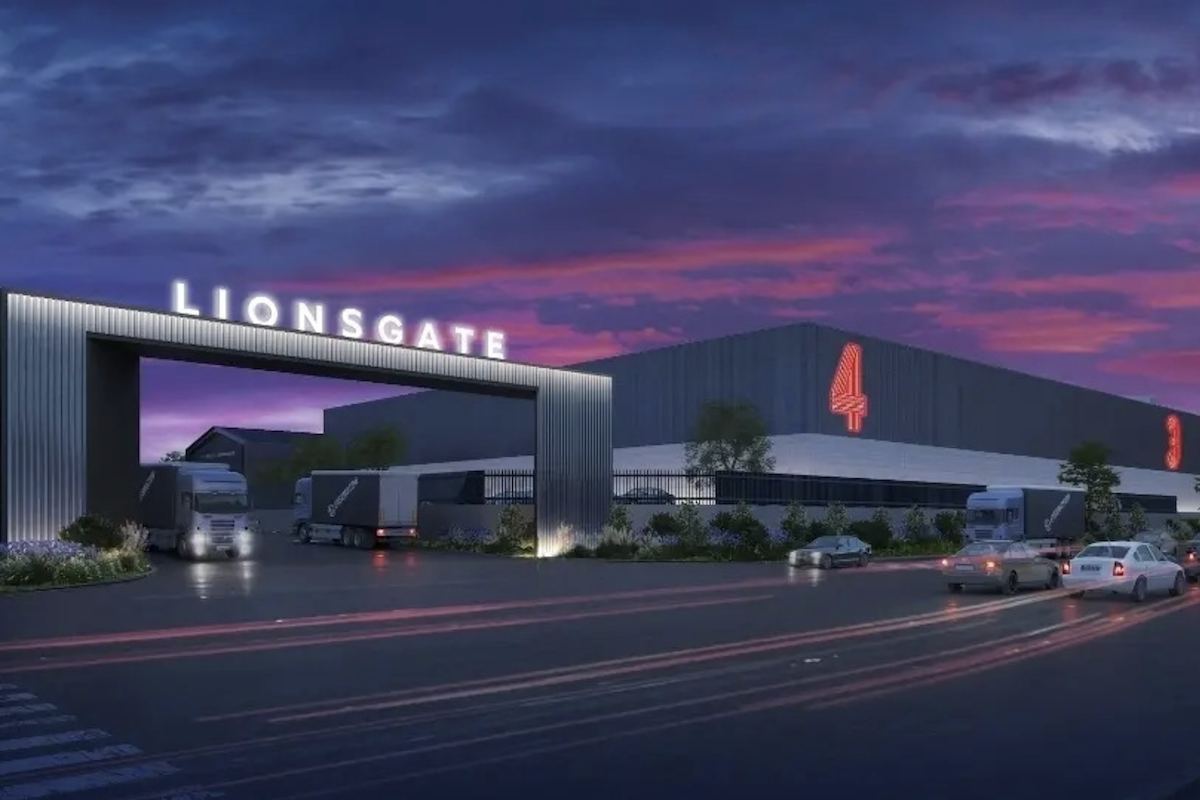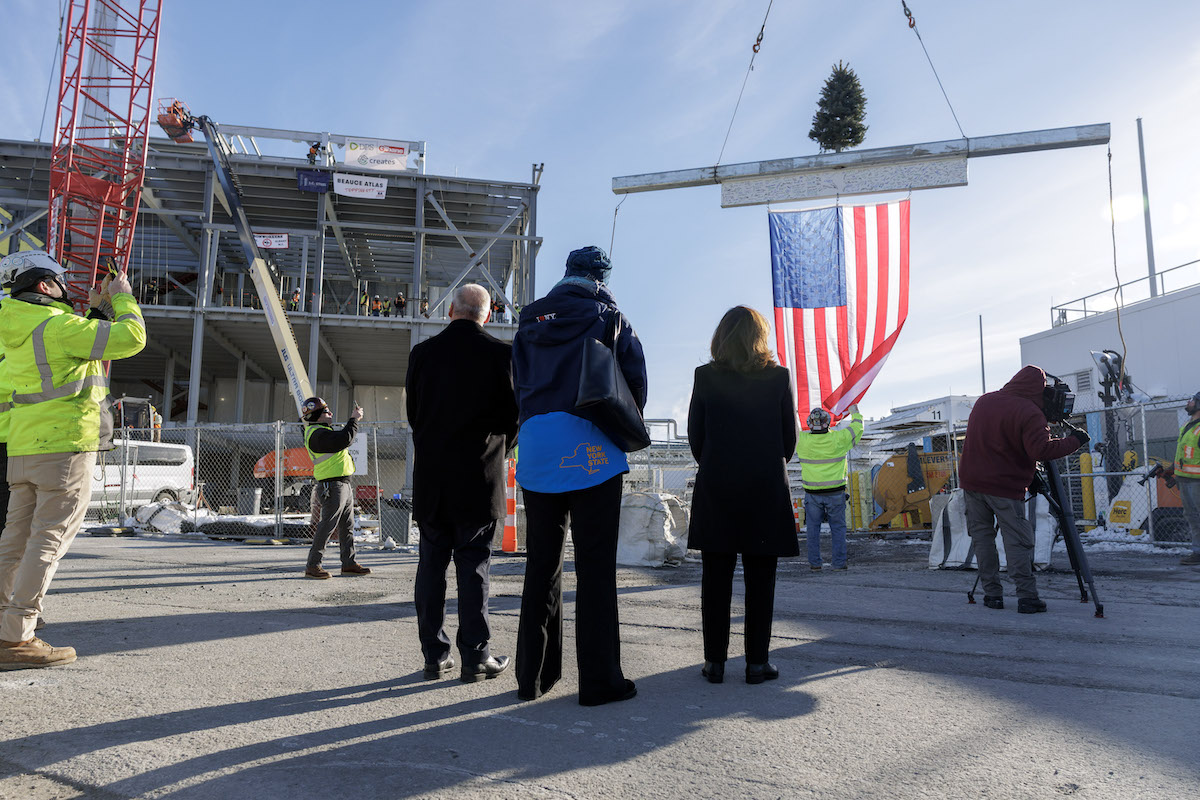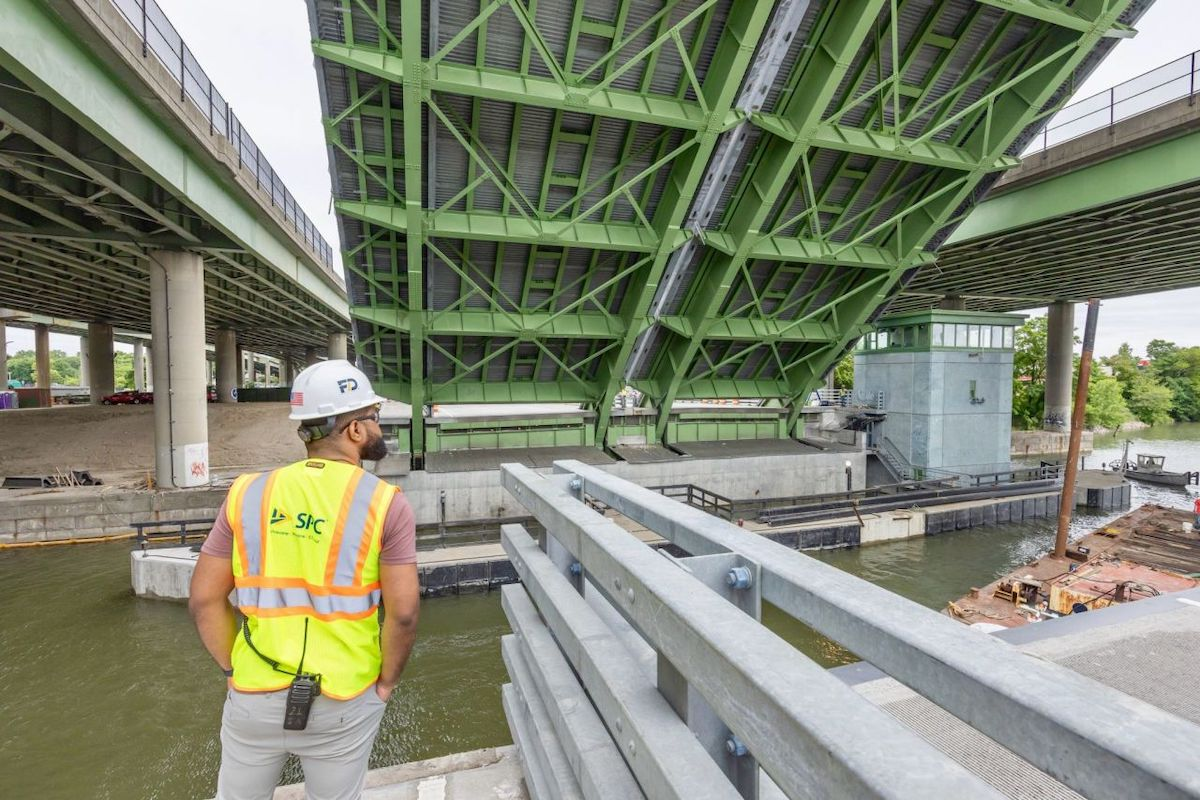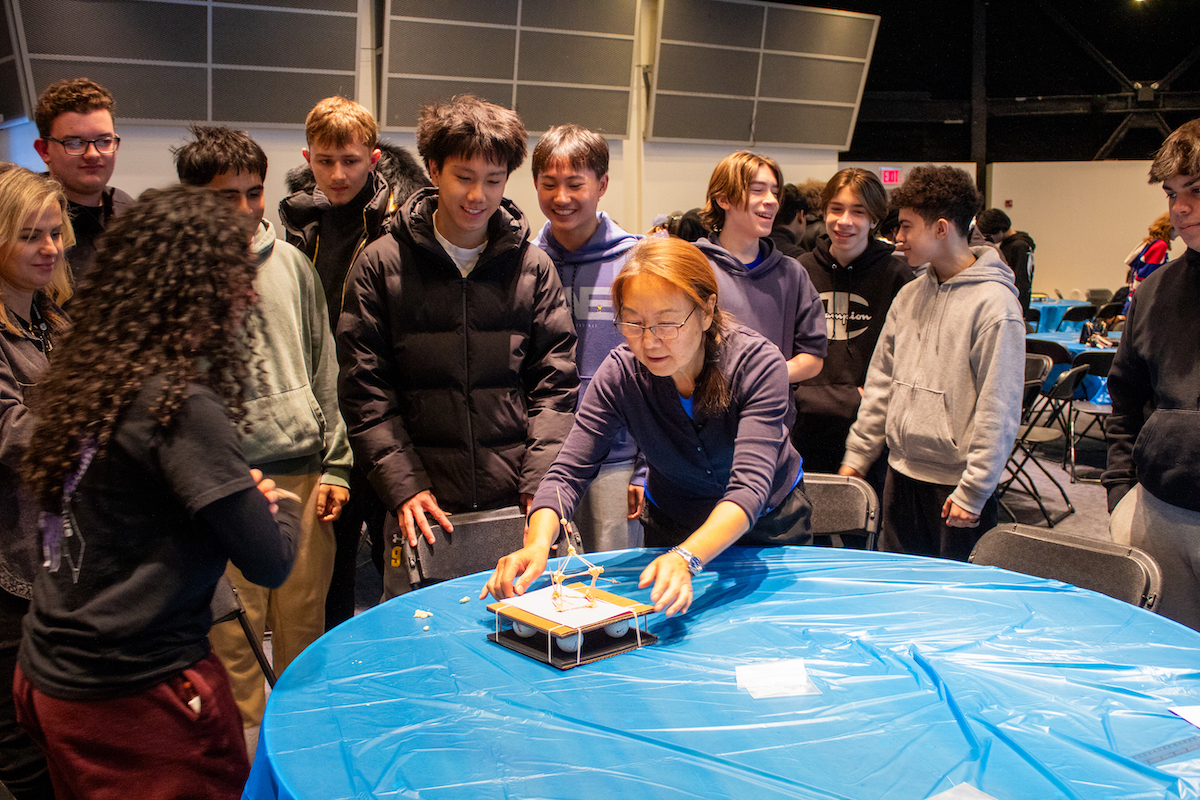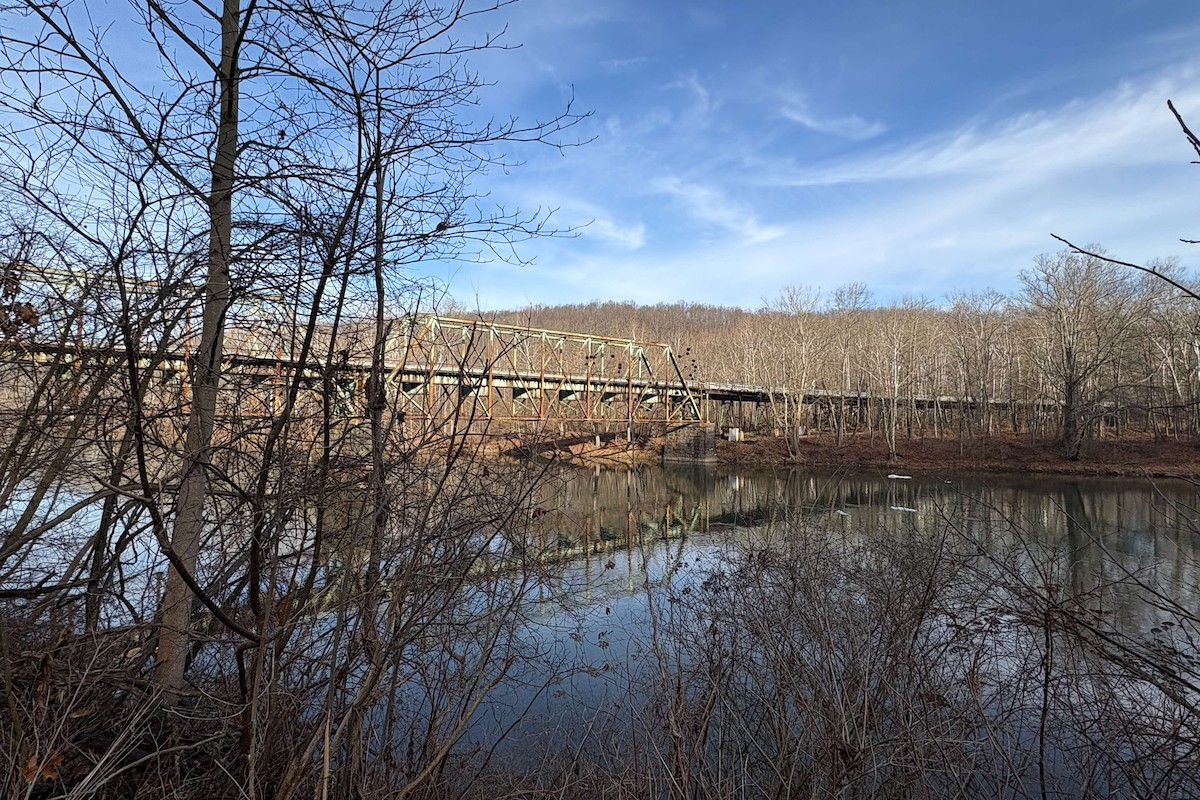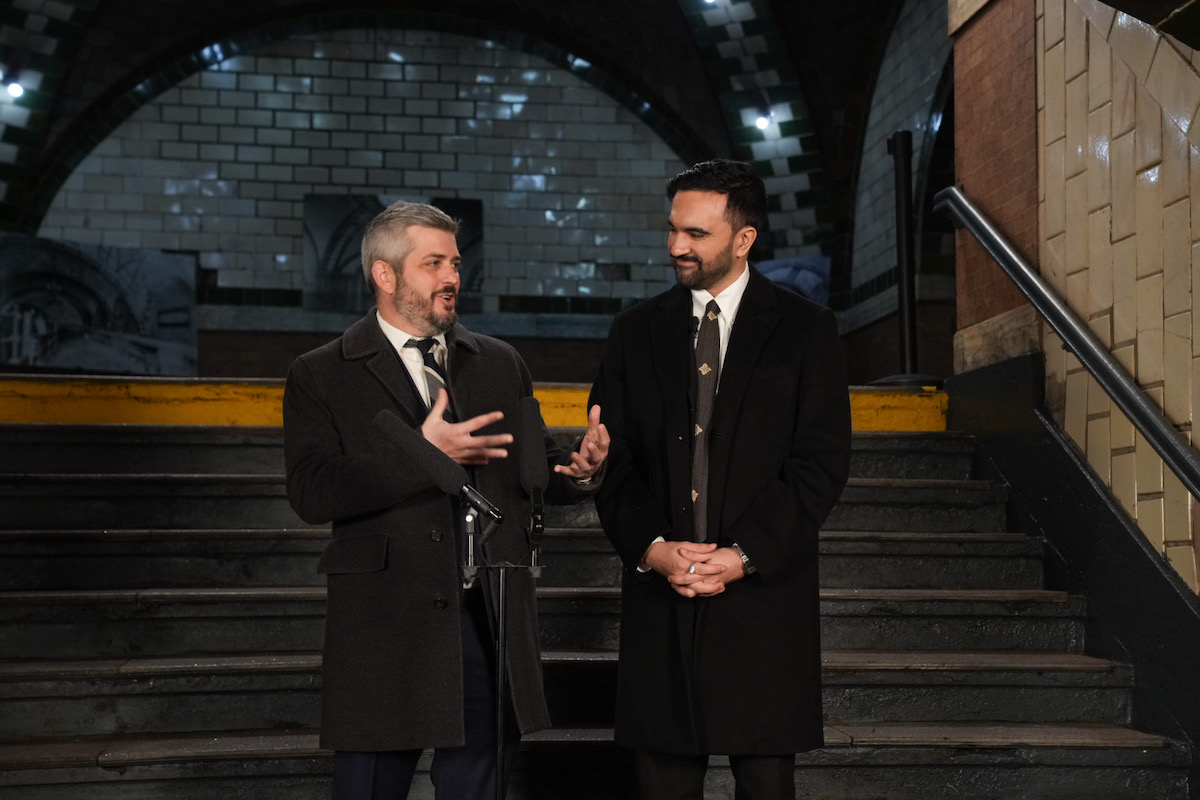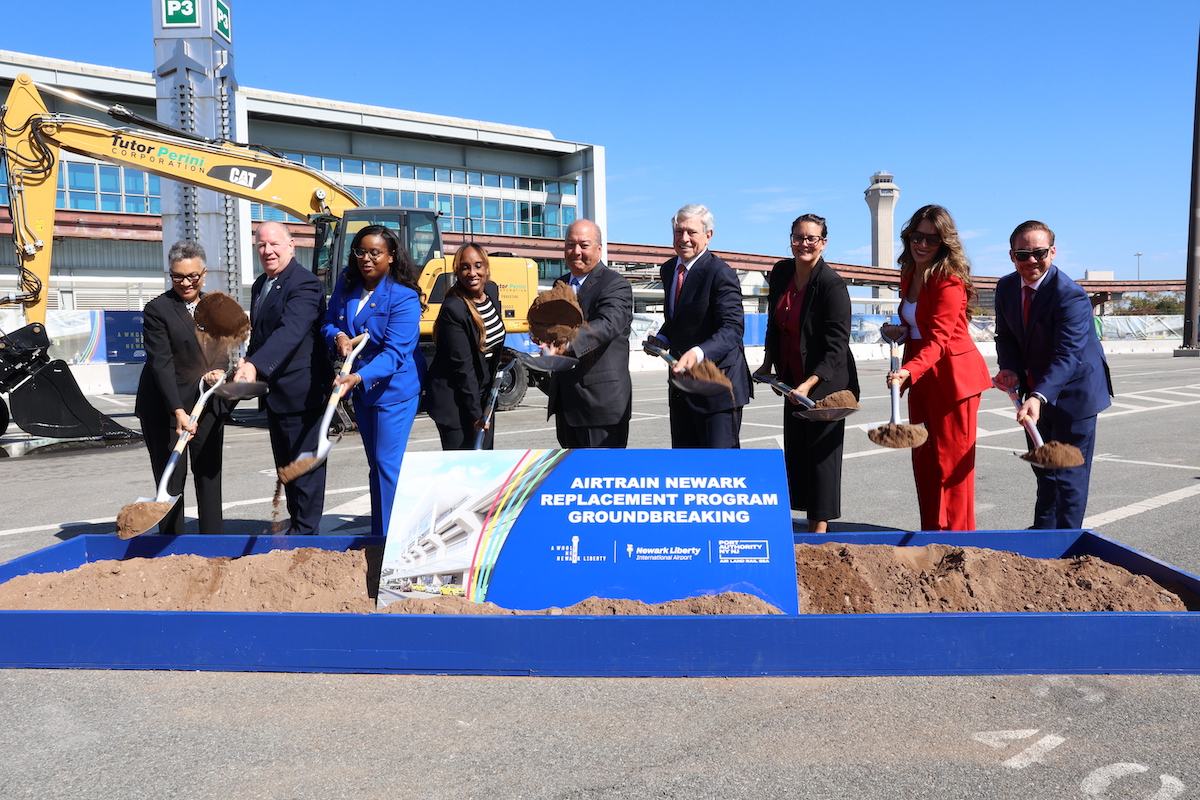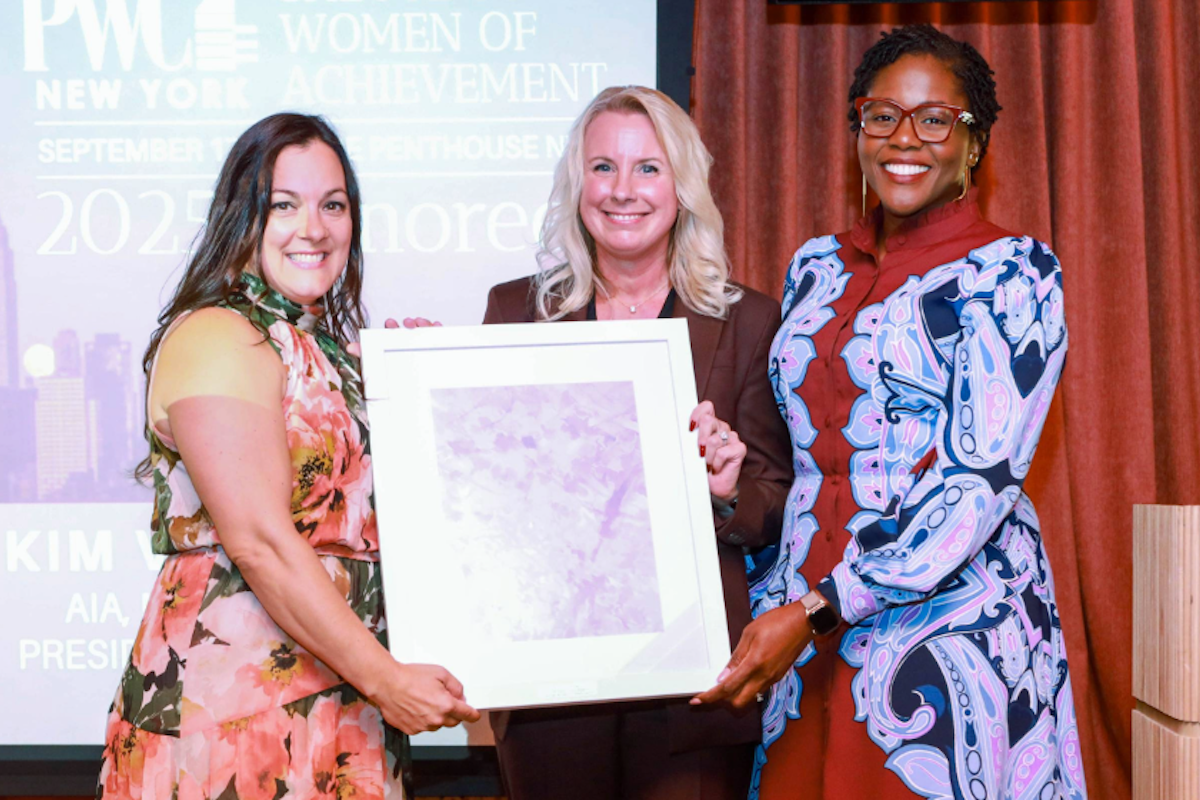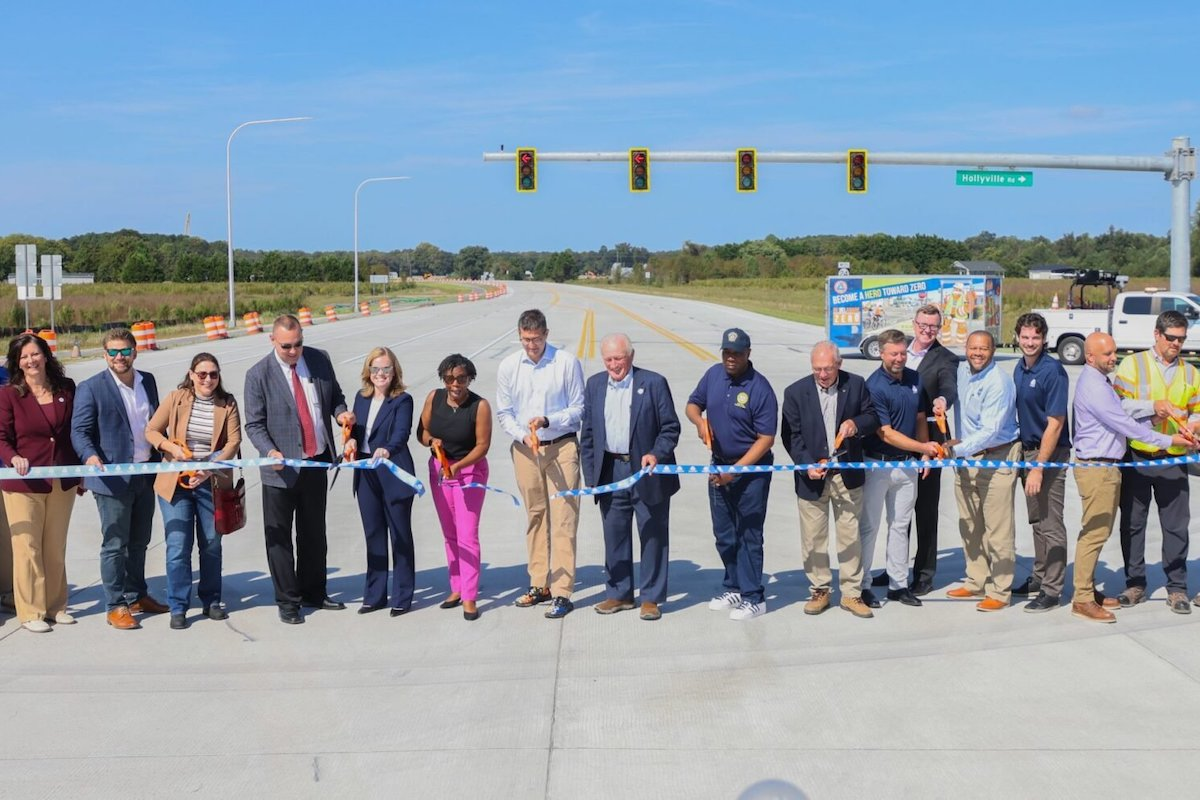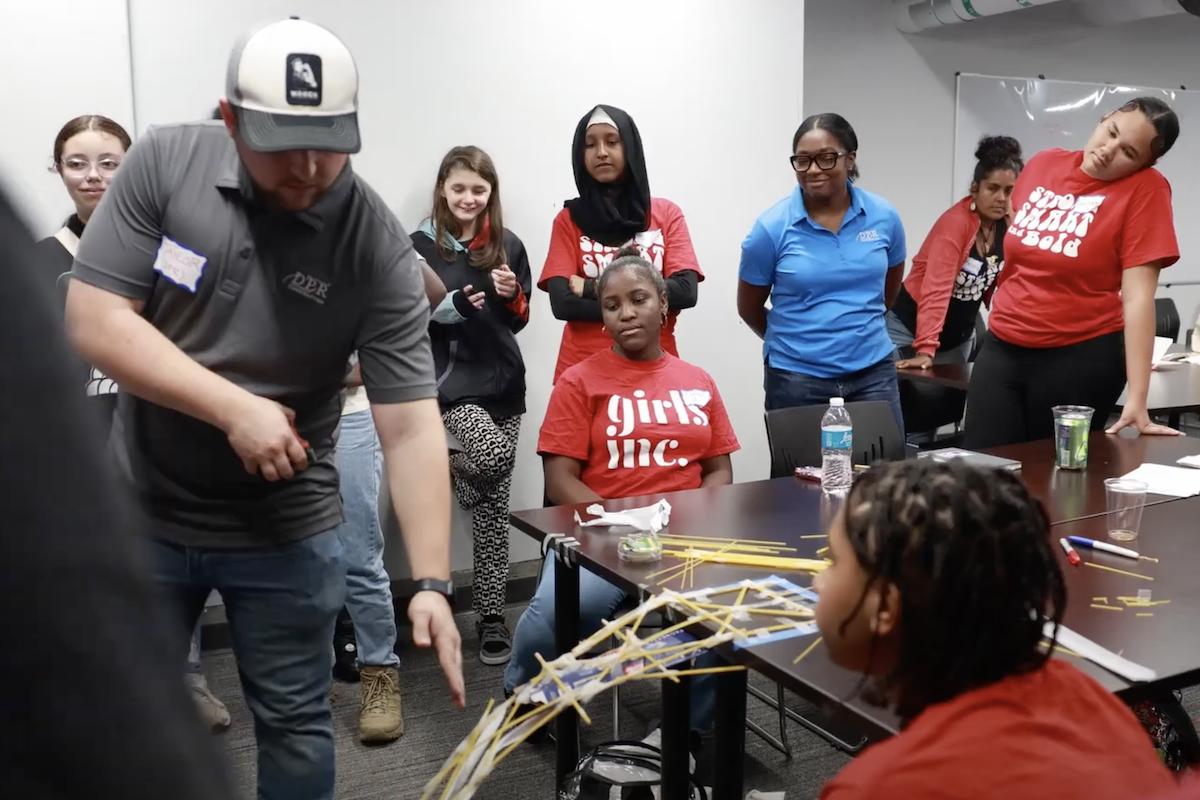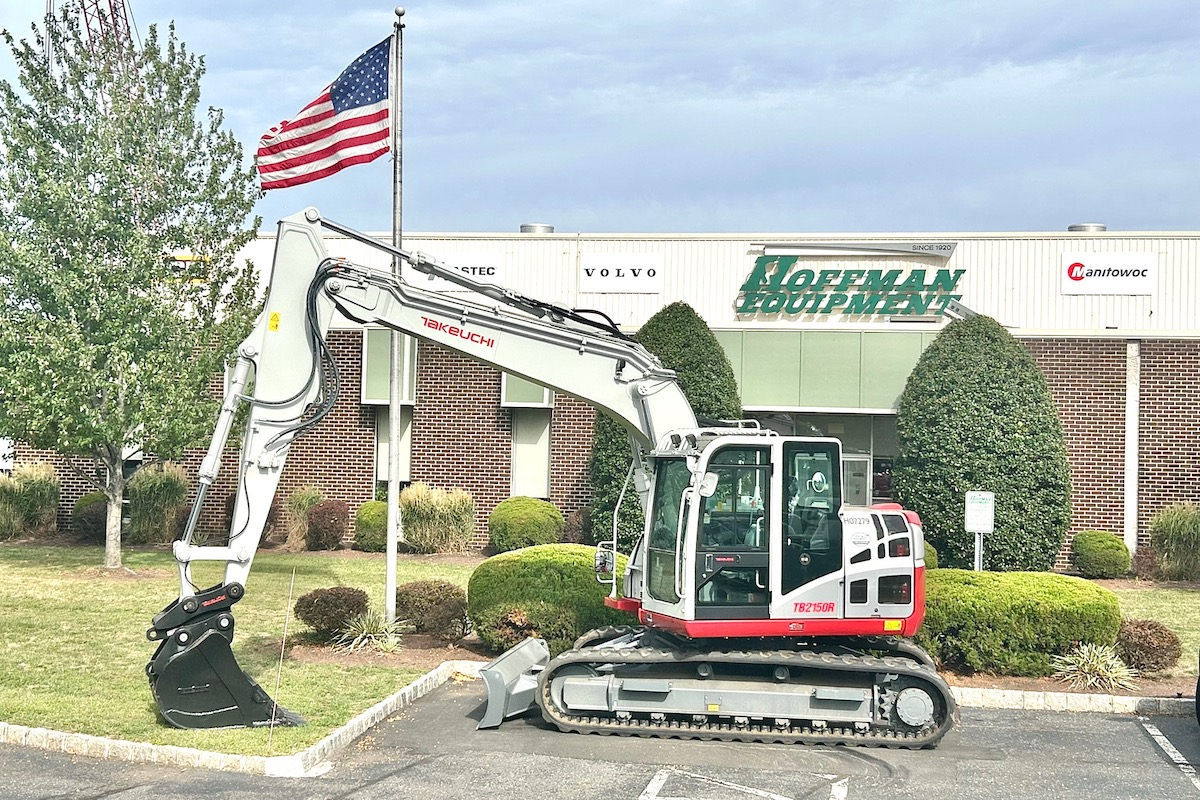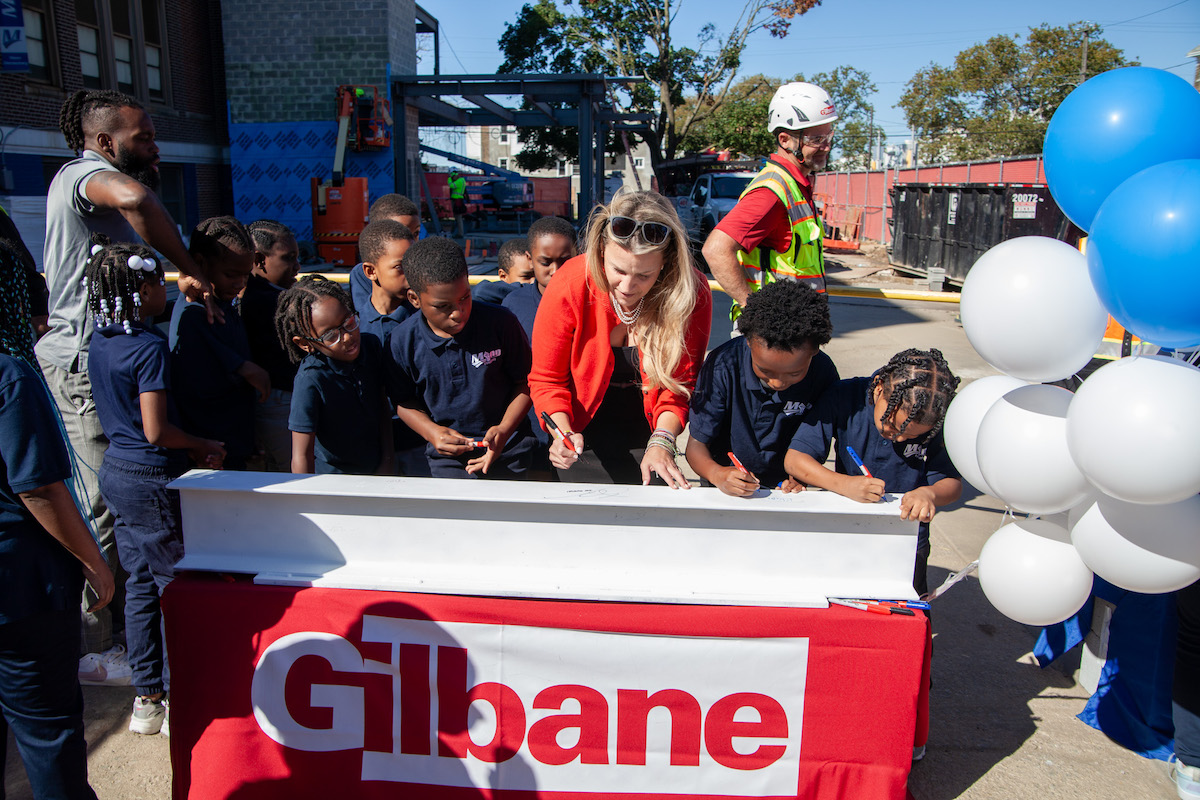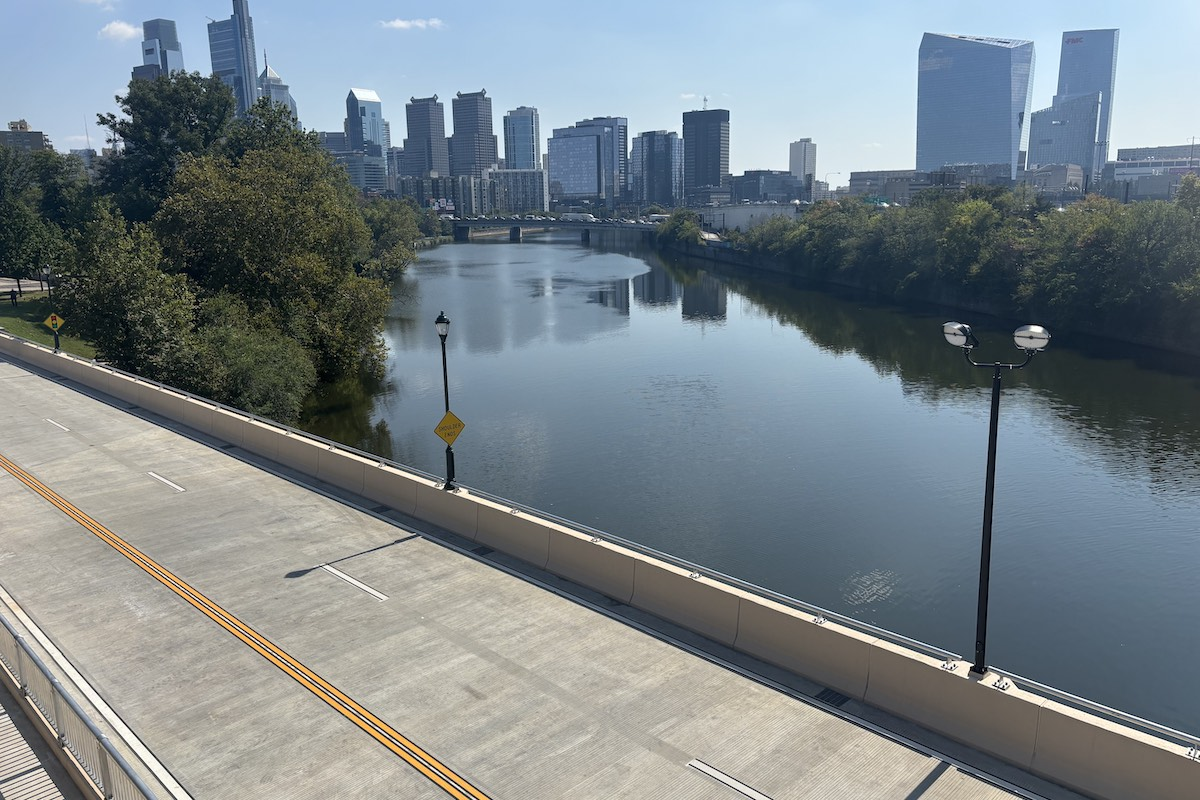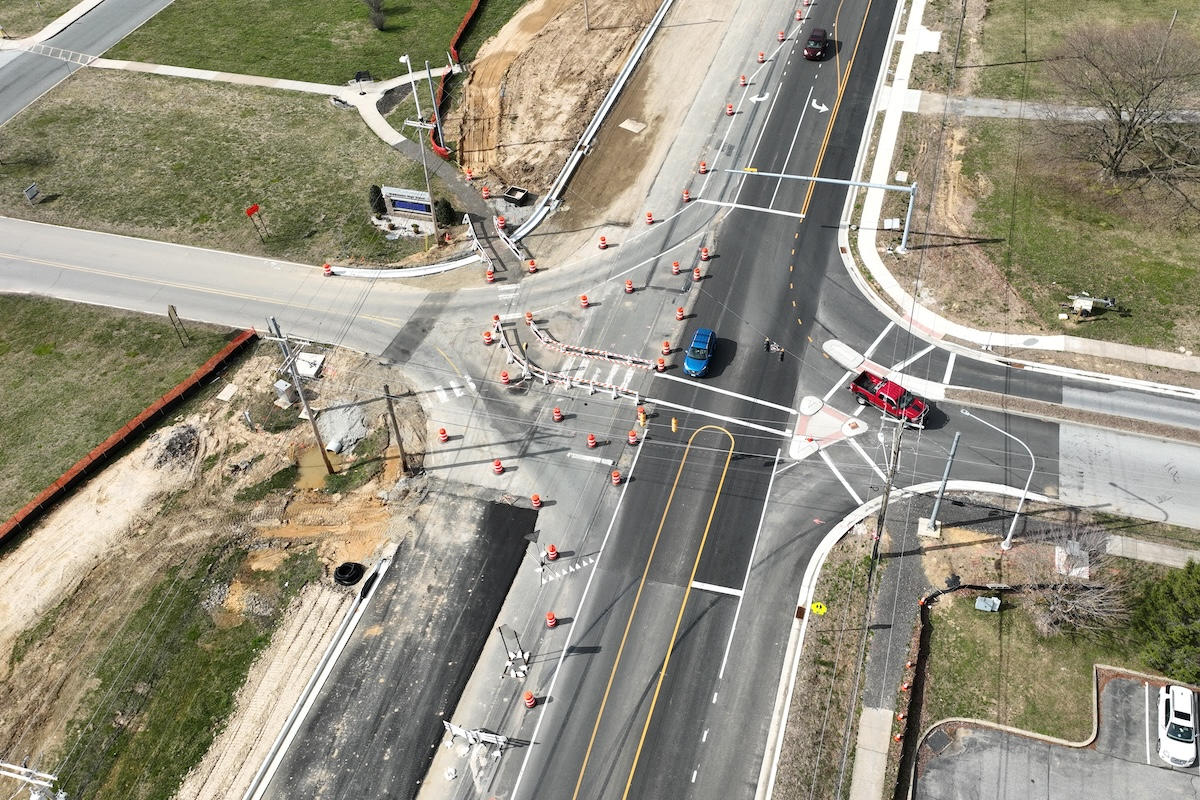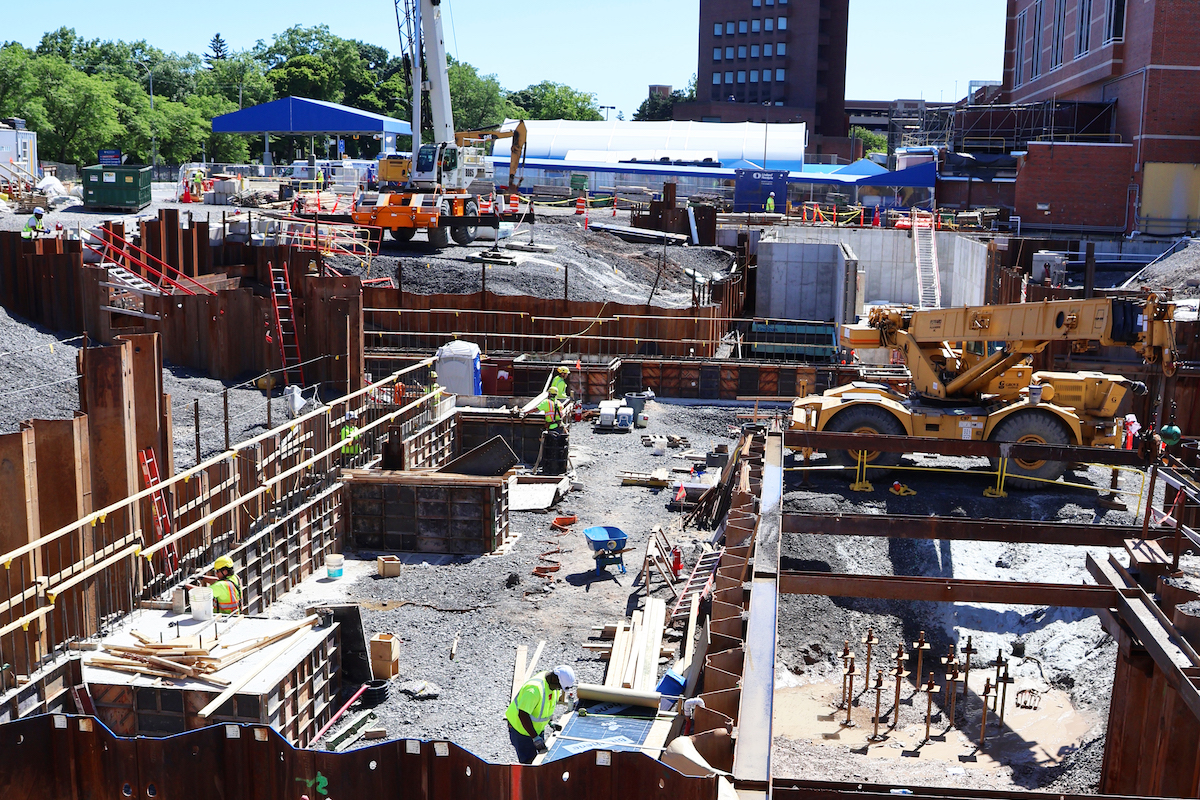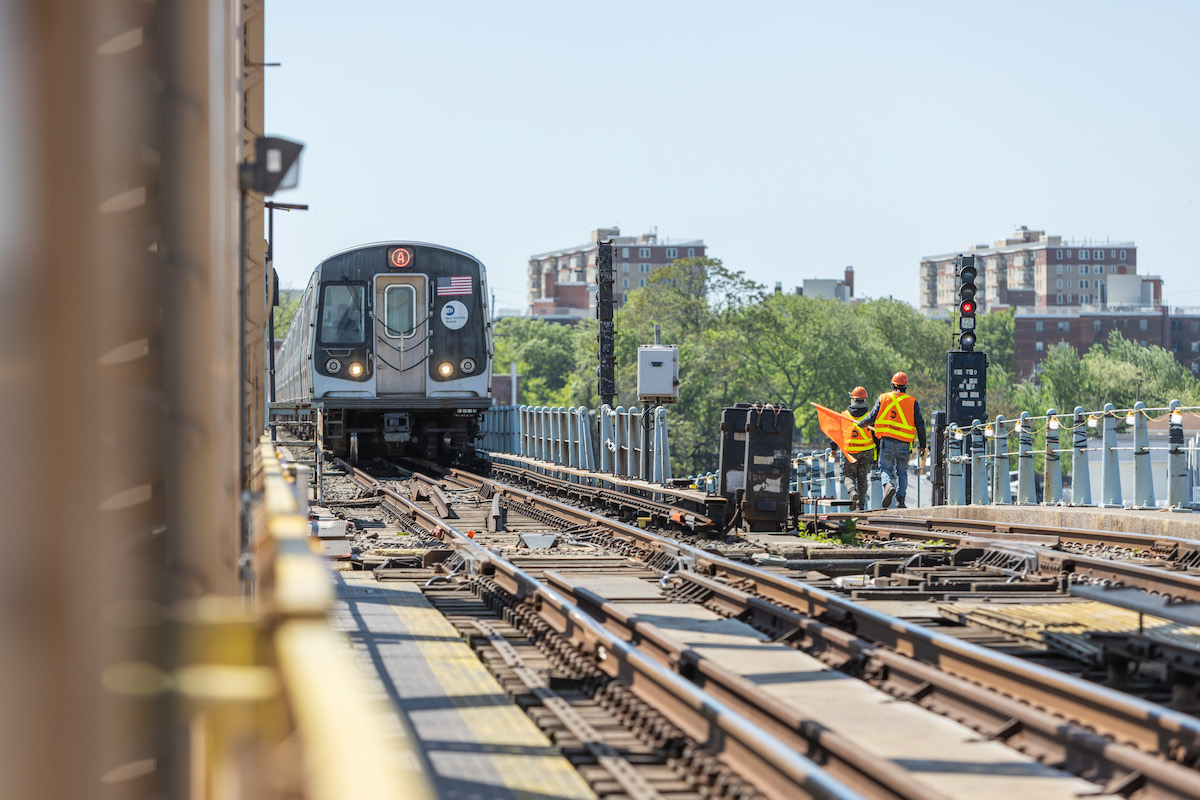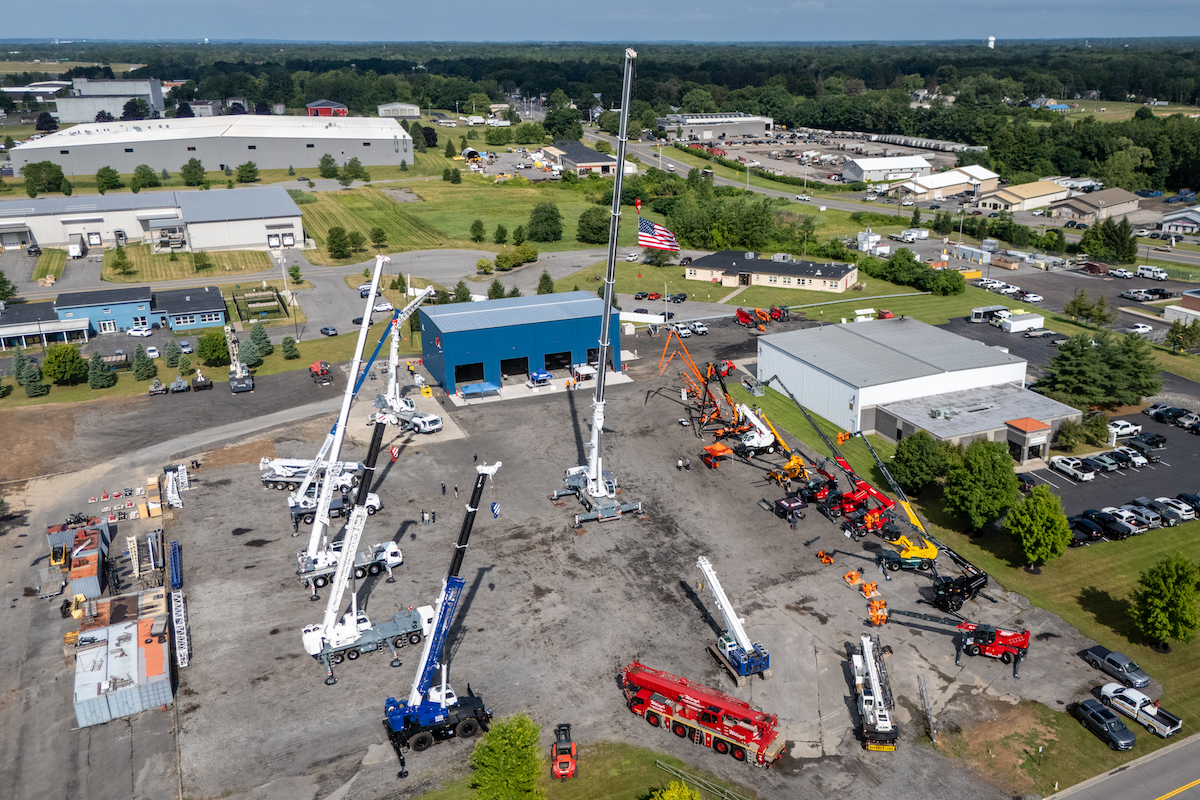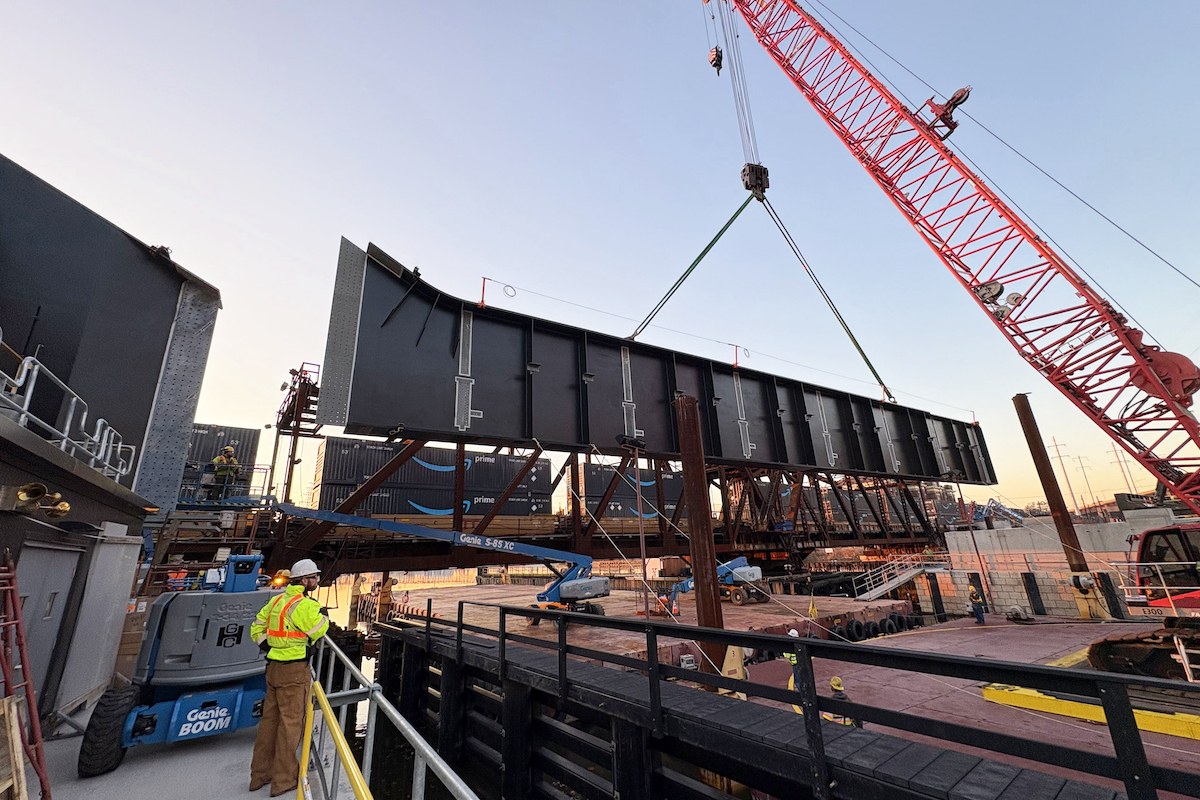Work goes beyond just replacing aging drainage systems. Roadway construction also includes a combo of pavement mill and overlay and full depth reconstruction, depending on the existing condition of the roadway and how much of the roadway has been impacted by project work. The team is doing a significant amount of utility work, such as water and sewer replacement. The drainage improvements include pipes and inlets.
Other work includes:
- Installation of improved ADA ramps to meet current standards
- Upgrading traffic signals
- Installation of concrete curbing, sidewalks, and detectable warning surfaces, as well as pavement marking
- Upgrade of ITS systems, including dynamic message signs and cameras
While the original plan was to fix what was needed, “The water and sewer authorities decided they wanted to replace the full length of project since we were already digging up the street,” said Eric Murnyack, a Design Project Manager for PennDOT.

| Your local Trimble Construction Division dealer |
|---|
| SITECH Allegheny |
| SITECH Northeast |
This decision may have been influenced by the local gas company, who completed work in the area shortly before this project. The earlier project also required digging up the street.
“At this point, the utilities wanted to do all the work at one time — a one and done deal,” said Marc Maney, PennDOT Construction Manager.
“During the first year of construction, we did lots of work with pedestrians to ensure they had access to wherever they were going,” Maney said. This required creating pedestrian detours. “Some of the detours had to change every couple days,” he said. The team worked with the university, the local busing company, and others to ensure everyone knew about the detours.
That led to another challenge: communication and coordinating with everyone. The contractor has required assistance from or coordinated work with 19 different subcontractors and six utility companies up to this point in the project. So, in addition to the authorities, the university, the bus line, etc., the team had to be kept well informed.
Working in a college town means working with a different calendar. The team had to work with the borough to ensure construction did not interfere with the many events in the area, including home football games for Penn State.
“In order to minimize disruption, we wanted to wait till after the spring semester was completed to do the drainage work,” said Lou Spaciano, a Transportation Engineer for Borton-Lawson, which is part of the design team.
The team also did some work at night, which needed 24 hours for completion. One work element required shutting down a highly used intersection. The work was completed on a weekend (the road was closed from Friday at 6 p.m. to Monday at 6 a.m.). Maney said there were few complaints.
“They have been phenomenal at coordinating work and getting it done in a timely manner,” Maney said. “Their project management team has done a great job scheduling work and quickly taking care of issues, quick to act.” He also praised their cooperation.
The project began in the summer of 2022 and is scheduled to wrap up in the fall of 2024. It is currently on schedule.
The contract for the project is $30.7 million. At the halfway point of the work, the team is on budget. “There have been no major work orders,” Maney said. “A large portion of the cost next year will be related to milling off the pavement, while this year we did lots of tedious work.”
Maney also said the team learned from the other projects. “Our design was excellent, and the contractor knows this type of work and is able to keep it on budget and schedule.”
The project is being funded by multiple sources, including the federal government, state and local government, and Penn State University.
The new and current infrastructure from this project will mean the end of water shutdowns, providing Penn State students and local residents with a more reliable water supply. In addition, the new infrastructure has been upsized for future development and offers a smoother ride while enhancing safety for pedestrians in State College, Pennsylvania.



















